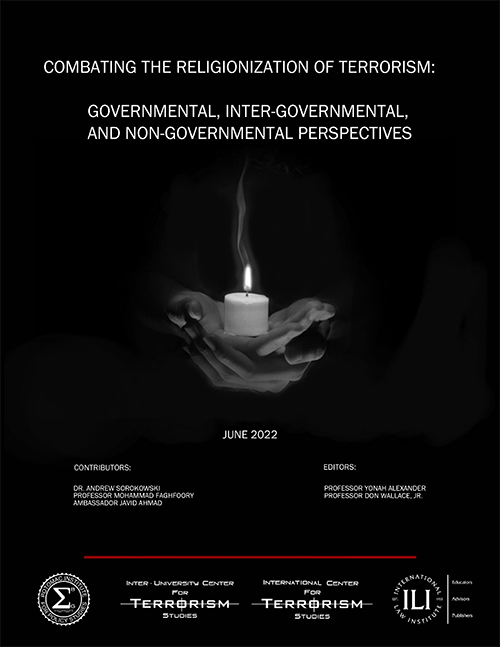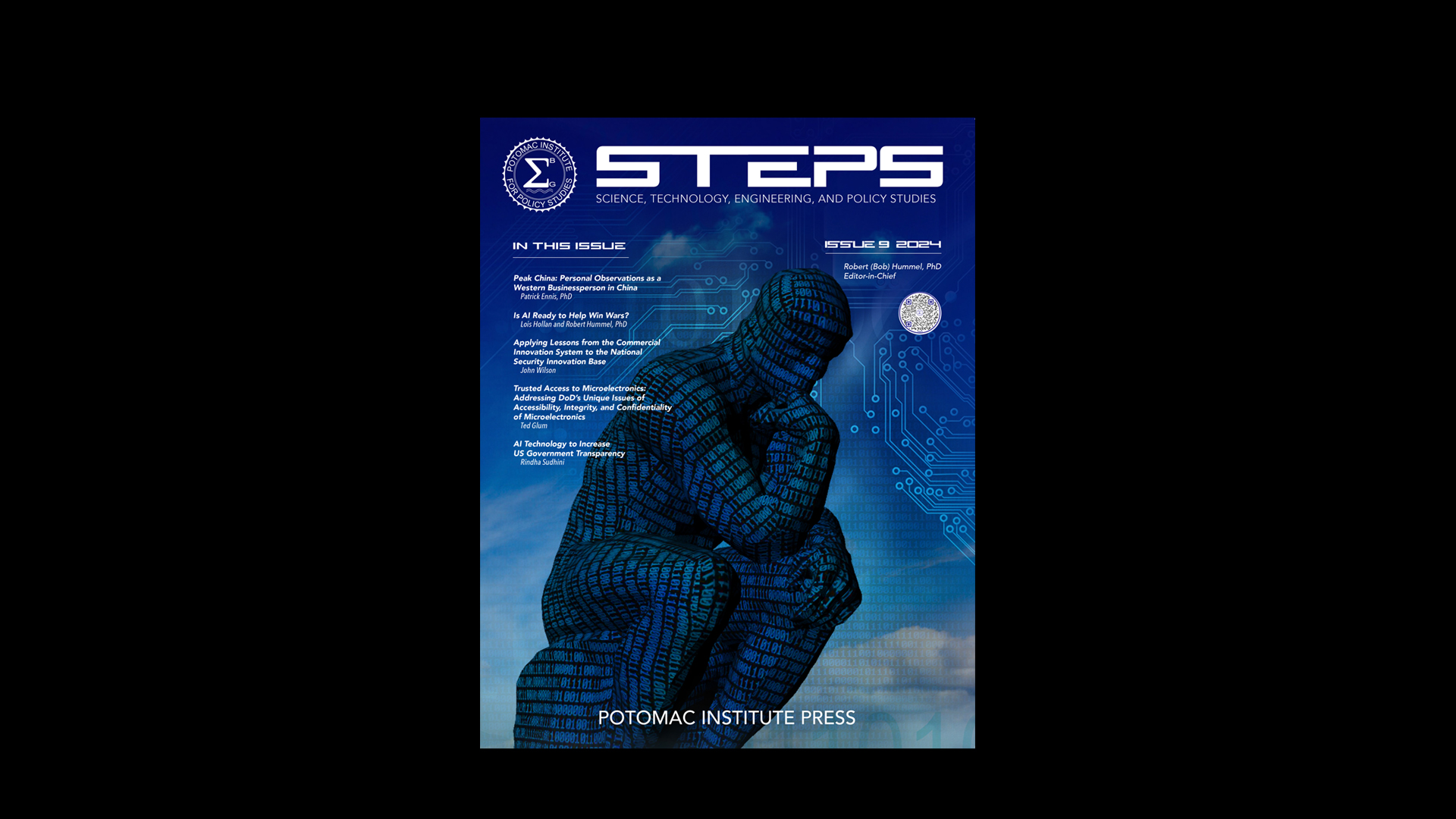 The history of mankind from time immemorial to the modern era consists of overwhelming evidence that multiple dogmas of religious denominations have contained various manifestations of hatred and violence towards other perceived antagonistic believers. For instance, in the 1990s religious self-righteousness and within and among nations around the globe.
The history of mankind from time immemorial to the modern era consists of overwhelming evidence that multiple dogmas of religious denominations have contained various manifestations of hatred and violence towards other perceived antagonistic believers. For instance, in the 1990s religious self-righteousness and within and among nations around the globe.
Suffice to mention, the exploitation of religious symbols and concepts to advance radical political agendas in places such as Northern Ireland, Nigeria, and India.
Furthermore, the informal and formal network among different sub-state and state-sponsors has created a structure to promote terrorism on national, regional, and global levels. This modern political framework has consisted of many forms: theological alliances; organizational assistance; propaganda and psychological warfare; financial help; recruitment support; intelligence systems; supply of weapons; training; coordinated operational missions; and sanctuary availability.
To be sure, other various disciplinary factors have also directly and indirectly contributed to seemingly endless cases of brutality and bloodshed. These elements include, inter alia, ethnic, racial, and tribal intolerance and violence; extreme nationalism and separatism; regional and inter-regional conflicts that defy easy solutions; intensification of criminal activity; population explosion, migration expansion, and rising poverty; the widening economic gap between North and South; environmental challenges; expanding health security concerns; and proliferation of modern weapon technologies.
And yet, as we have entered the 21st century, a promising contemporary trend of inter-faith relations has envisioned a renewed ecumenical trend, reflecting the minimization of religious confrontations and maximizing cross-theological cooperative efforts. For instance, a Millennium World Peace Summit held in New York formed an organizational structure of religious leaders to advise the United Nations on preventing and settling political disputes stemming from traditional religious animosities.
Alas, this and other similar hopeful efforts have been derailed by the tragedy of 9/11 and the continued rise of theological-inspired state and non-state terrorism, insurgencies, and wars during the past two decades.
In view of the current Russian invasion of Ukraine, a key question is whether any potential inter-faith initiatives can contribute, however modestly, in the search for peace with justice regionally and globally?
At this stage of deepening security uncertainties, two encouraging flickering lights in the “fog of war” should be noted for future analytical considerations. The first is a May 2022 gathering of world religious leaders in Saudi Arabia that uniquely demonstrated a major inter-faith effort.
The Muslim World League organized the first-ever “Forum on Common Values among Religious Followers” in Riyadh. Invited delegates from Muslim, Christian, Jewish, and other religious denominations participated in establishing and outlining fundamental agreements in advancing the cause of peace.
A communique issued by the Saudi organizers stated that, “the Forum’s collective objectives were to reach a universal consensus between global spiritual leaders, leverage their commonalities by placing them at the forefront of human values, effectively support efforts to advance tolerance and peace, and set rational intellectual-frameworks to immunize against the dangers of extremist ideology and behavior regardless of its source.”
The communique also included areas of agreements for religious policy that were reached at the gathering, including the fundamental role of religion in society, the spiritual basis for basic human rights, and a rejection of an “inevitable civilizational clash” among religions. Notably, the Archbishop of the Orthodox Church of Ukraine Ivan Zoria also attended this event.

















